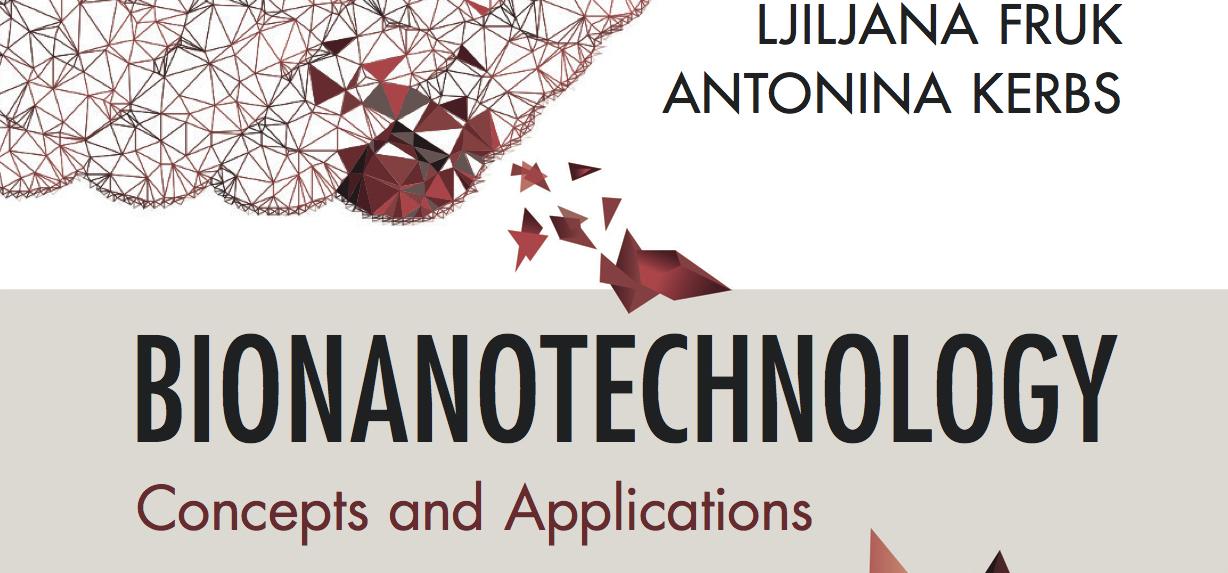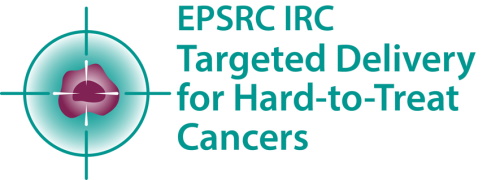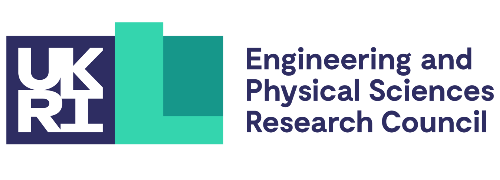
Submitted by L. Millard on Tue, 22/02/2022 - 12:58
The IRC’s Dr Ljiljana Fruk, Associate Professor in BioNano Engineering and Head of the BioNano Engineering Group at the University of Cambridge, is co-author of an academic textbook introducing the interdisciplinary and fast-developing field of bionanotechnology.
Published by Cambridge University Press, the book titled ‘Bionanotechnology: Concepts and Applications’ is co-written with Dr Antonina Kerbs, a research scientist at Milteny Biotec (Germany) and has been well received as the first textbook to equip students with a comprehensive knowledge of the key concepts in bionanotechnology, practical applications and up-to-date research. The book contains more than 200 detailed and full colour illustrations designed with the help of Dr Nan Li, a Research Associate at the Department of Chemical Engineering and Biotechnology.
“I have been thinking about writing this book for several years, prompted by the interest of students from various background and also researchers working in the field – which is very interdisciplinary. It can be easy to lose the track of all of the concepts but, after several years of teaching, I finally decided to write it,” said Dr Fruk, who works on the development of biopolymer nanoparticles for targeted drug delivery as part of the IRC programme.
One of the biggest challenges today is to come up with therapeutic regimes that are more specific and more effective, ultimately not only removing cancer cells but also sparing the healthy cells and minimising side effects. We employ nanotech tools and materials and use the knowledge and experience of our oncologist and cancer biologist colleagues, to relationally design nanostructures that can penetrate through dense tumour barriers and carry the drug all the way to the cancer cells. Dr Ljiljana Fruk, Associate Professor in BioNano Engineering
Describing her role in the IRC team, Dr Fruk said: “One of the biggest challenges today is to come up with therapeutic regimes that are more specific and more effective, ultimately not only removing cancer cells but also sparing the healthy cells and minimising side effects. We employ nanotech tools and materials and use the knowledge and experience of our oncologist and cancer biologist colleagues, to relationally design nanostructures that can penetrate through dense tumour barriers and carry the drug all the way to the cancer cells.”
Topics covered by ‘Bionanotechnology: Concepts and Applications’ range from nanomaterial preparation, properties and biofunctionalisation, and analytical methods used in bionanotechnology, to bioinspired and DNA nanotechnology, and applications in biosensing, medicine and tissue engineering.
“The textbook is timely, published when Pfizer and BioNTech announced the production of efficient vaccines designed with the help of lipid structures. Liposomes, nanoparticles made of the cell-membrane components, similar to the lipid particles, have been around for more than 20 years and have already found applications as nanocarriers for chemotherapeutics,” reflects Dr Fruk. “The book describes these nanostructures as well as other types of nanomaterials, and also covers many other aspects of bionanotechnology such as DNA nanostructuring, nanomaterial biofunctionalisation as well as bioinspired nanotechnology and design of nanosensors. It is written and designed to be accessible to students from a wide variety of backgrounds.”
• ‘Bionanotechnology: Concepts and Applications’ is published by Cambridge University Press. For further details and to order see the Cambridge University Press website here.
• Dr Ljiljana Fruk was part of an IRC panel event at the Intellectual Forum, Jesus College, Cambridge, titled ‘What can we do about difficult cancers?’. The in-person and online event, hosted by Dr Julien Huppert and also featuring the IRC’s Mr Stephen Price, Clinician Scientist and Hon. Consultant Neurosurgeon at the University of Cambridge, Prof Oren Scherman, Professor of Supramolecular and Polymer Chemistry at the University of Cambridge, and Dr Ronan Daly, Associate Professor in Science and Technology of Manufacturing at the University of Cambridge, is now available to view at the IRC YouTube channel here.


